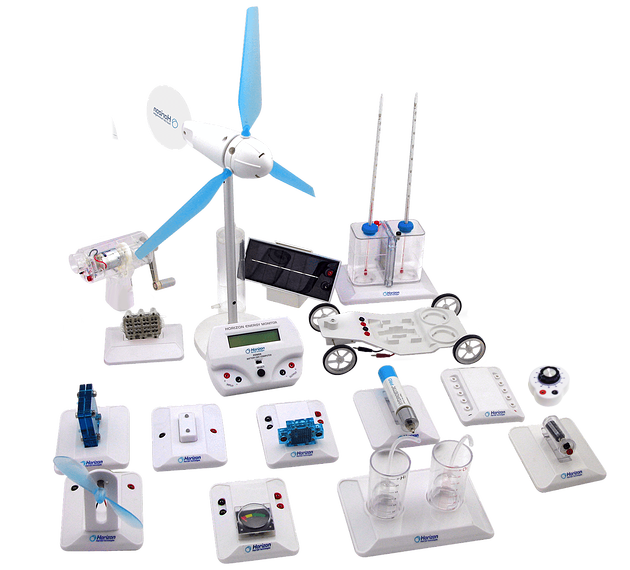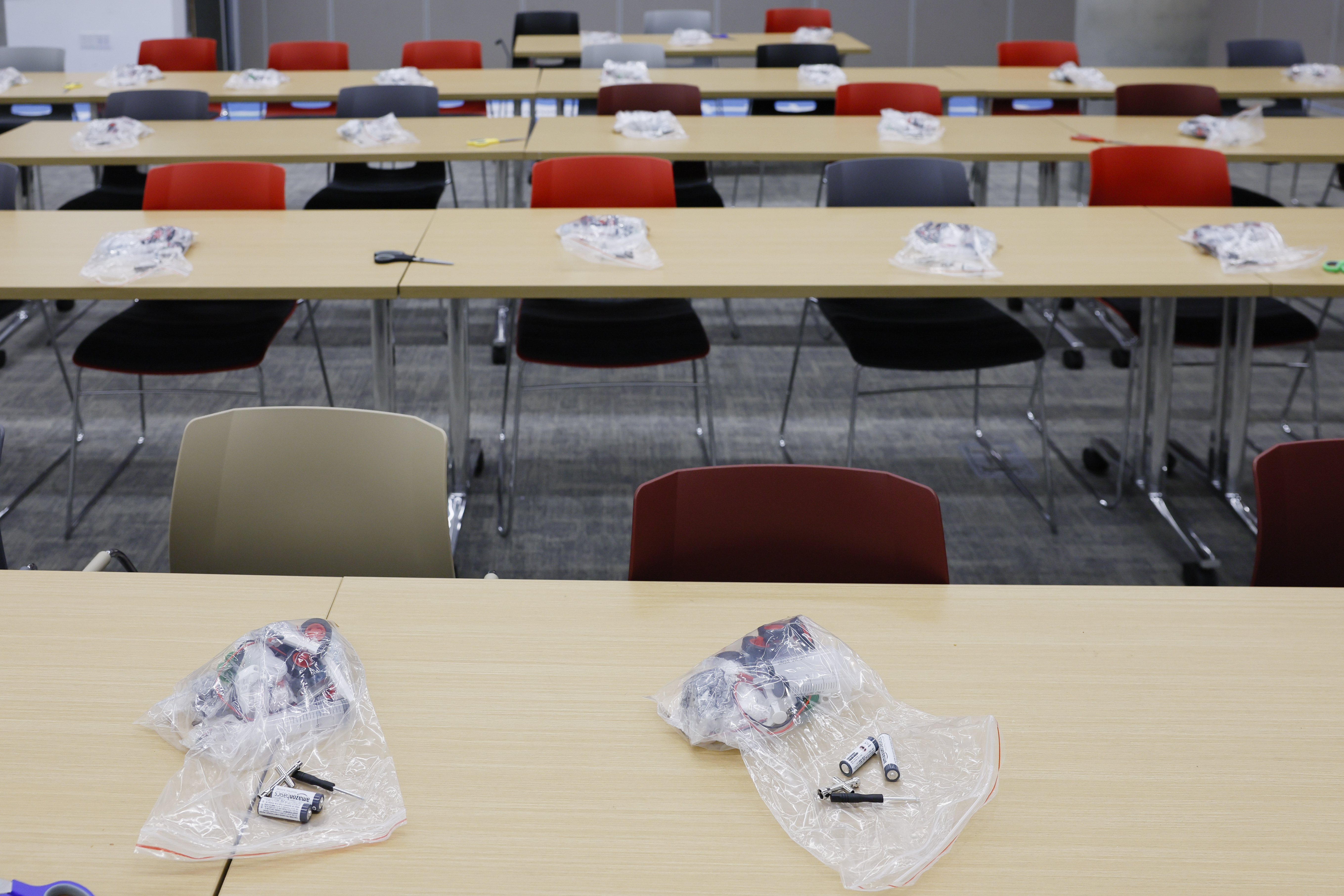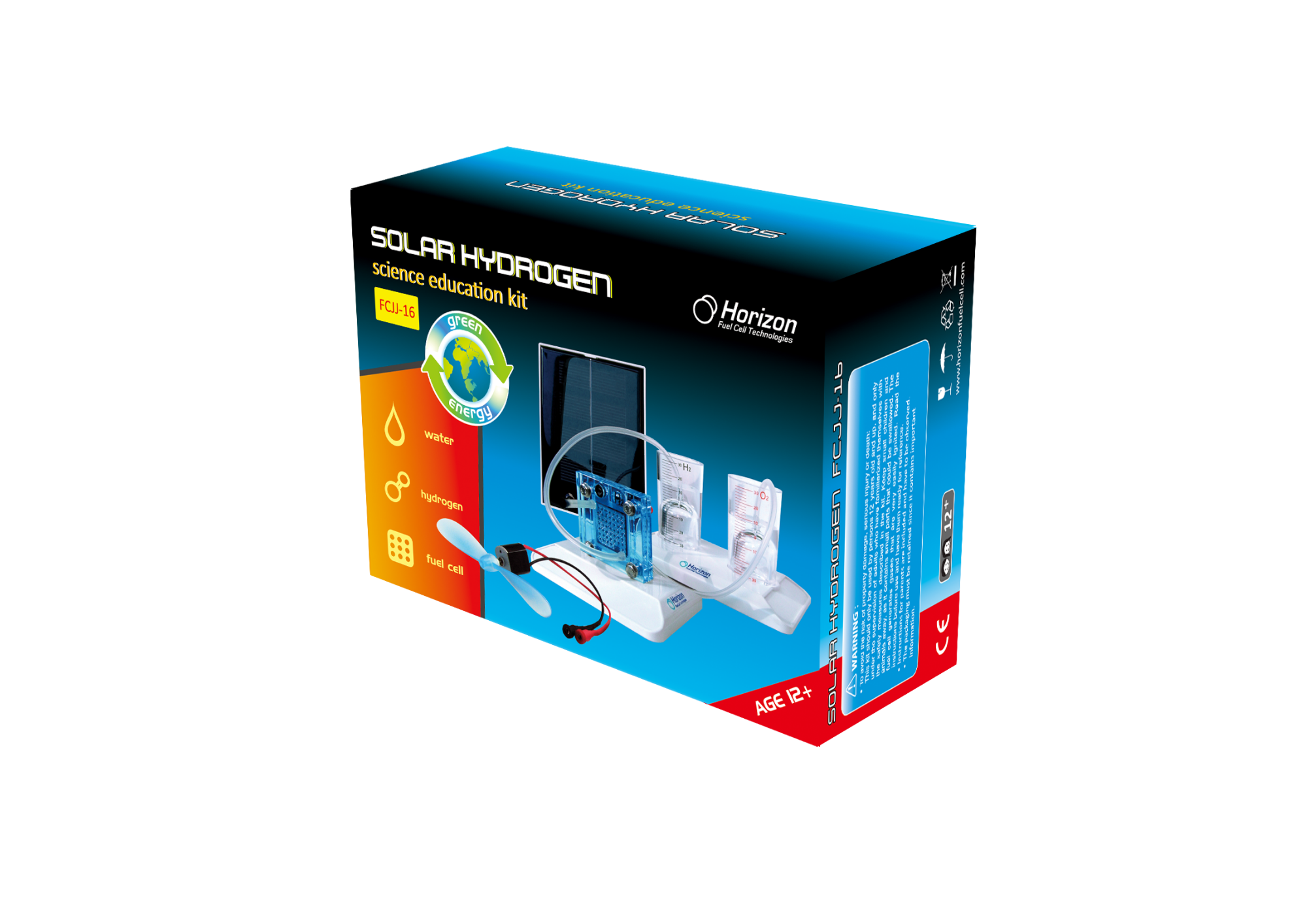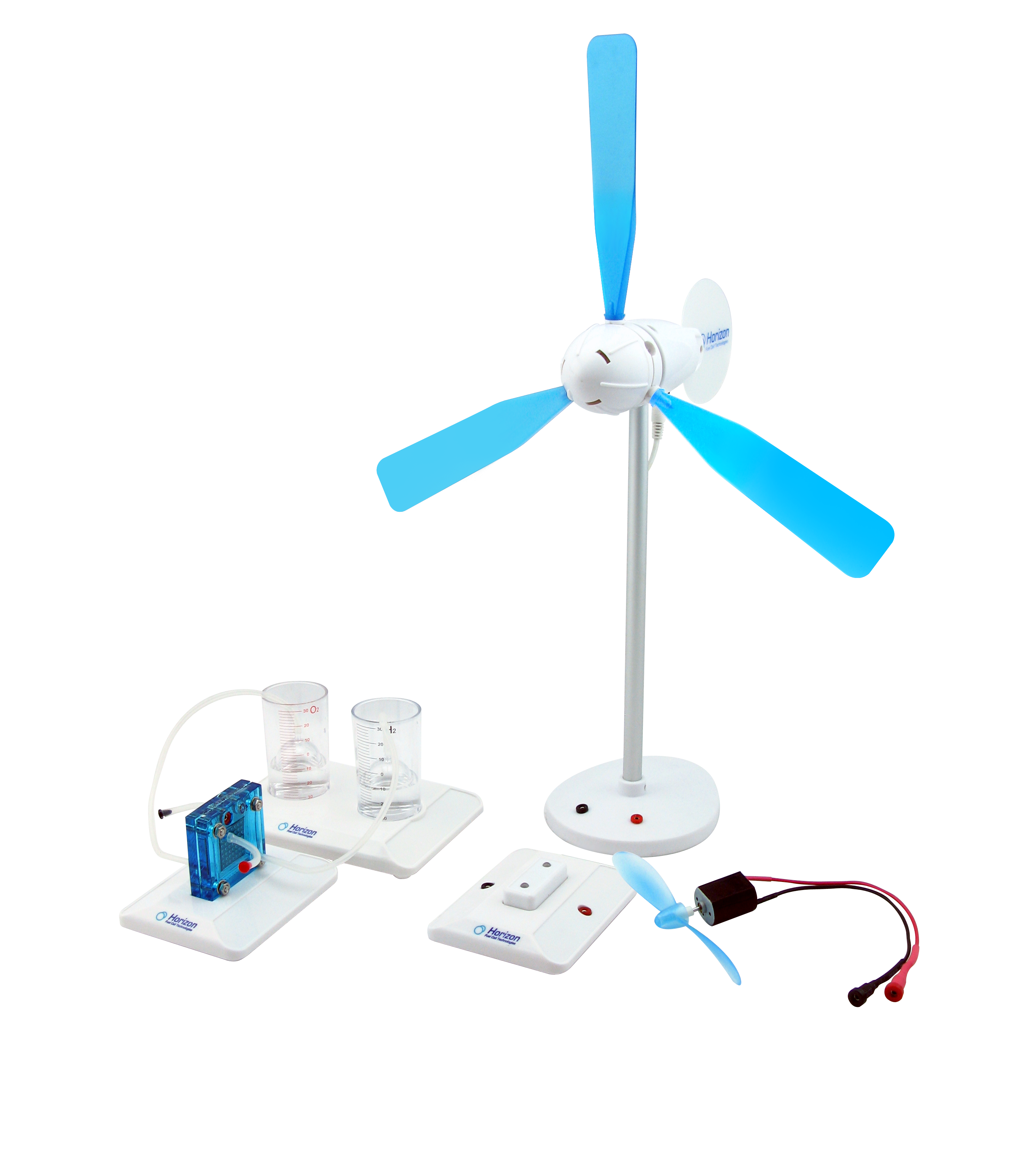Explore Renewable Energy Educational Kits: Engaging, Hands-On Learning for Kids

The world’s currently going through a big transition to renewable energy – and this means teaching kids about renewable energy has never been more important. Renewable energy educational kits provide a fun, interactive approach to learning, helping kids understand the principles of sustainability and clean energy. This article will highlight the benefits of these kits using examples directly from Horizon Educational.
Why Renewable Energy Education Matters
Fostering an early interest in STEM and sustainability means investing in future leaders who will help drive the global transition to clean energy. Through a 2014 study in the International Journal of STEM Education, researchers even found that renewable energy education can build a student’s “self-concept” and drive them to pursue careers in renewable energy.
Key Benefits of Renewable Energy Educational Kits
1. Provides Hands-On STEM Learning
Renewable energy kits provide an immersive way for students to learn about STEM concepts. By actively engaging with real-life projects like classroom-sized wind turbines, hydrogen fuel cell cars, or electrolyzers, students enhance their understanding through practical application. This type of active learning has also been shown to significantly improve knowledge retention and engagement compared to passive learning methods. (Prince, 2004) Read more.

Example: Fuel Cell Car Science Kit allows students to build their very own hydrogen-powered car. This hands-on activity helps them understand energy conversion, electrolysis, and the role of sustainable energy in our future.
2. Develops Critical Thinking and Problem-Solving Skills
If you’re looking to encourage students to think critically and develop innovative solutions to real-world challenges, project-based learning is essential. Researchers have found that these types of real-world projects enhance problem-solving abilities by requiring students to test, iterate, and improve their designs. (Barron & Darling-Hammond, 2008) Read the study.

Example: The Horizon Wind Turbine Kit allows students to experiment with different blade designs and angles to optimize energy output, teaching them to analyze and troubleshoot efficiently.
3. Fosters Collaboration and Social Skills
Many renewable energy educational kits are designed for group work, encouraging collaboration among students. These types of group activities have been shown to enhance communication skills and promote teamwork, something employers see as vital in their workers. (Johnson et al., 2014) More info here.

Example: H2GP (Hydrogen Grand Prix) involves students collaborating to design, build, and race hydrogen-powered cars, cultivating both engineering skills and a strong sense of community.
4. Cultivates Environmental Awareness from a Young Age
Instilling environmental awareness in children is key to shaping sustainable behaviors in adulthood. According to a study in the Journal of Environmental Education, early exposure to environmental education promotes positive attitudes toward sustainability in later life (Stevenson et al., 2014). View the study. Renewable energy educational kits are an engaging way to introduce these concepts to children.

Example: The Solar Hydrogen Science Kit combines solar energy and hydrogen technology, giving students hands-on experience with renewable energy systems and their benefits.
Conclusion
Renewable energy educational kits are more than just toys; they are powerful educational tools that nurture curiosity, develop critical thinking, and inspire a passion for sustainable technology. By incorporating these hands-on projects into classrooms or homes, educators and parents can empower young minds to build a greener future.
FAQ Section
1. What are renewable energy educational kits?
Renewable energy educational kits are hands-on STEM projects that teach kids about solar, wind, and hydrogen power through engaging, practical activities.
2. At what age are these kits appropriate?
Most kits from Horizon Educational are suitable for ages 10 and up, though adult supervision is recommended for younger children.
3. Can these kits be used in classrooms?
Yes! Horizon Educational kits are perfect for classroom settings, encouraging collaborative learning and hands-on engagement.
4. How do these kits benefit students?
These kits encourage critical thinking, teamwork, hands-on problem-solving, and environmental awareness, setting the stage for future STEM success.

